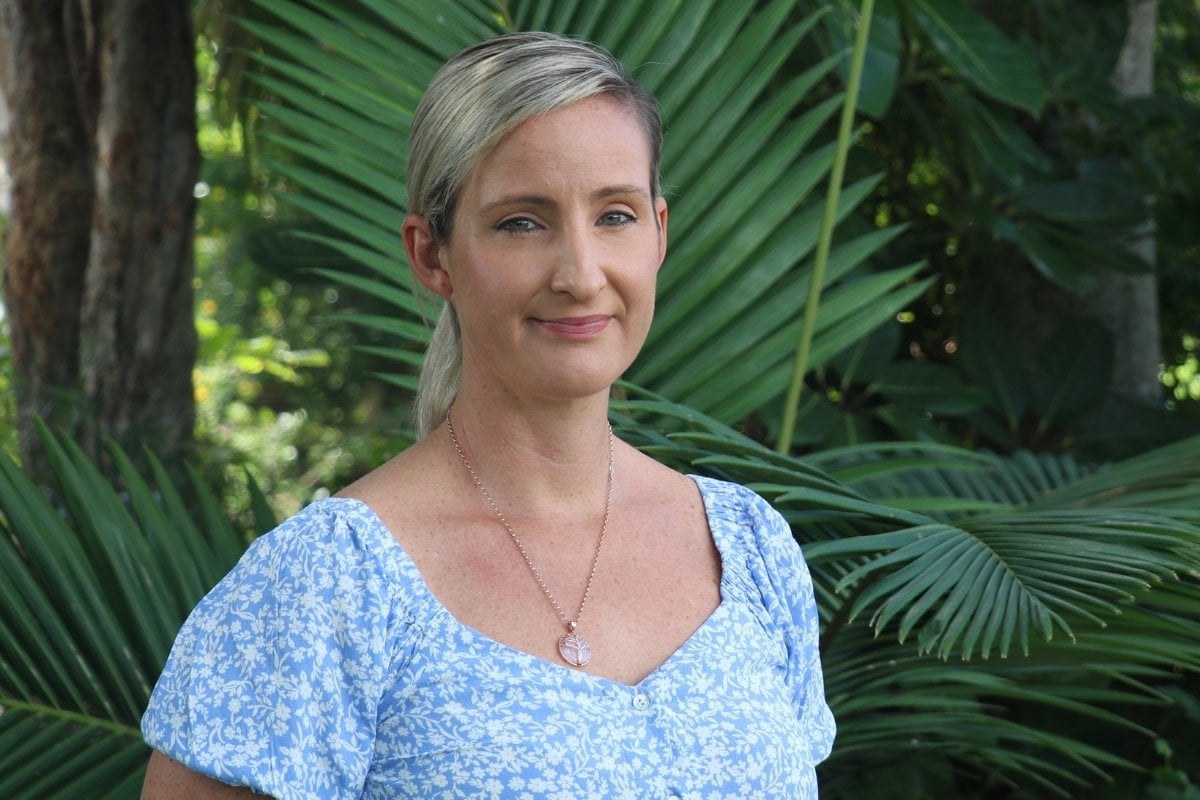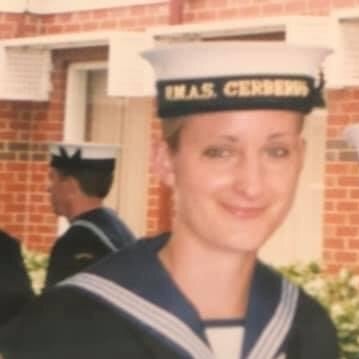
In her early 20s, Krishell Ennis found herself in search of stability. Like many in that pivotal age, she'd flipped from job to job — nannying in the US, working in a coffee shop, toying with the prospect of teaching, or maybe the police force.
Then at 22, she found it. A career.
Krishell joined the Australian Navy, where she worked as a Communications Information Systems Sailor. It was structure, travel, a fit for her social personality.
But when she chose to leave in 2013 after close to a decade, Krishell found herself once again aimless, left to negotiate the difficult transition back to civilian life without meaningful guidance or support.
Krishell's story is one little told about life in the military. Of all the talk about comradery, in her experience, that ended the moment she chose to discharge.
"You just feel insignificant," she told Mamamia. "You do feel like you're just a number, and you almost feel like you've been used, like 'You did your service, thanks very much. Off you go now.' The connection is cut, the ties are cut."
Listen: The Quicky speaks to two experts, to find out why even veterans who never see combat are left feeling desperate and what services are available to help them.
The transition out of service is notoriously fraught.
These men and women can find their lives suddenly devoid of the structure, the sense of purpose and the mateship that's defined their time in the armed forces.
For Krishell, it came amid an already trying time in her life. She was experiencing postnatal depression after the birth of her second child and, having recently moved to Western Australia from Sydney, was grappling with feelings of isolation.


Top Comments